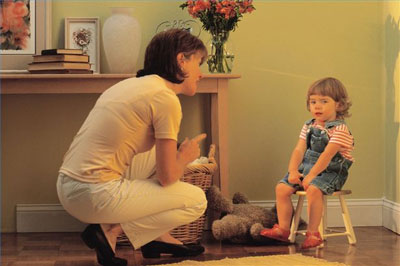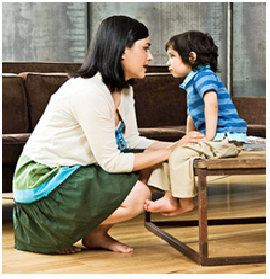The practice of baby-swaddling dates back centuries and is still common in many cultures. Swaddling involves wrapping a baby securely from shoulders to feet with a small blanket. American Indians and people from the Middle East use bands and more sophisticated swaddling techniques, but more traditional swaddling techniques are still practiced in such countries as Turkey, Afghanistan and Albania.
Not only can swaddling be a great way to calm and sooth a fussy infant, it’s also been shown to lower the risk of SIDS (Sudden Infant Death Syndrome). At the age of three months, when the risk for SIDS is greatest, traditional American swaddling techniques allow a baby to escape. It allows the baby to stay in a more stable position while sleeping, thereby lowering the SIDS risk. In addition, swaddling has been shown to help babies sleep longer and more restfully by preventing the sudden movements that can cause them to wake up, thereby improving mom and dad’s sleep quality and quantity also. Babies who are swaddled are said to feel secure, similar to how they felt while in utero. It can also assist in temperature regulation, keeping baby nice and toasty warm while sleeping.
A couple of additional perks to swaddling come during waking hours, too. A swaddled baby is easy to carry and hold ¾ an adorable, compact little package. It can also help baby focus on breast or bottle feeding by keeping little hands out of the way.
Swaddling usually works best from newborn to approximately four months, but if baby is used to being swaddled, and then it might be utilized even longer. Babies just being introduced to swaddling may require an adjustment period. Modified swaddling, such as leaving arms free while swaddling the rest of baby’s body, might be needed when first introducing the practice to your baby. The blanket should always feel snug but not tight. Take special care to ensure baby’s circulation is not compromised in any way or that baby is not uncomfortable. Ask a nurse, physician, midwife or other knowledgeable healthcare practitioner to demonstrate the correct technique for swaddling your baby.











